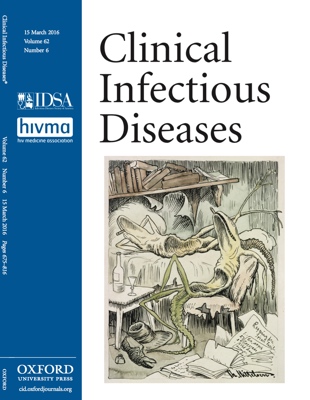Consensus statements from an international expert panel.
 Amita Gupta et al., including Anne Drapkin Lyerly, UNC Center for Bioethics.
Amita Gupta et al., including Anne Drapkin Lyerly, UNC Center for Bioethics.
Published 15 March 2016 in Clinical Infectious Diseases.
Tuberculosis is a major cause of morbidity and mortality in women of childbearing age (15–44 years). Despite increased tuberculosis risk during pregnancy, optimal clinical treatment remains unclear: safety, tolerability, and pharmacokinetic data for many tuberculosis drugs are lacking, and trials of promising new tuberculosis drugs exclude pregnant women. To advance inclusion of pregnant and postpartum women in tuberculosis drug trials, the US National Institutes of Health convened an international expert panel. Discussions generated consensus statements (>75% agreement among panelists) identifying high-priority research areas during pregnancy, including: (1) preventing progression of latent tuberculosis infection, especially in women coinfected with human immunodeficiency virus; (2) evaluating new agents/regimens for treatment of multidrug-resistant tuberculosis; and (3) evaluating safety, tolerability and pharmacokinetics of tuberculosis drugs already in use during pregnancy and postpartum. Incorporating pregnant women into clinical trials would extend evidence-based tuberculosis prevention and treatment standards to this special population.
